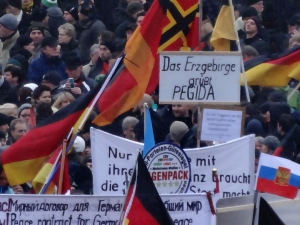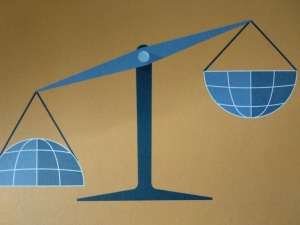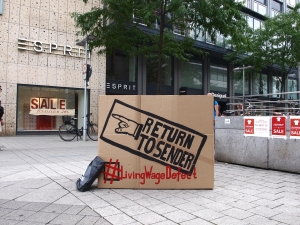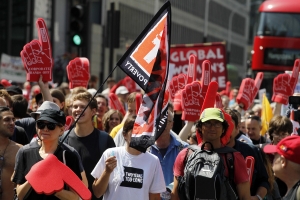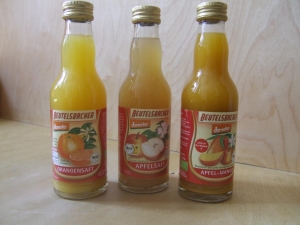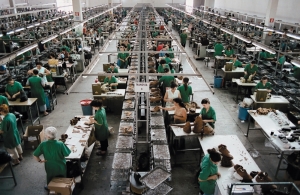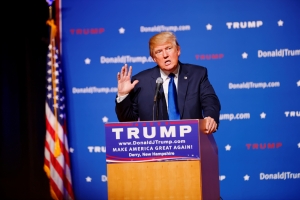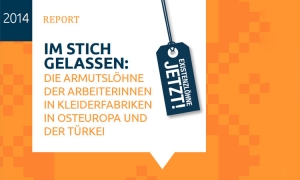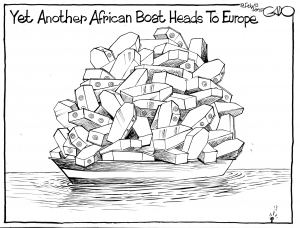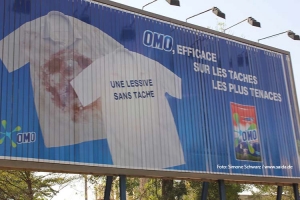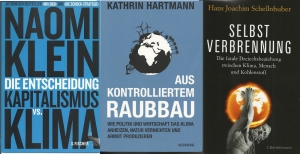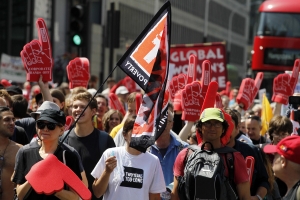(TTIP) Examining the Transatlantic Trade and Investment Partnership: A Brief Analysis of US Policy
--> DEUTSCHER ARTIKEL HIER
In March 2014 the Greenpeace organization leaked highly classified documents about secret negotiations between the United States (US) and European Union (EU) governments. Known as the Transatlantic Trade and Investment Partnership (TTIP), this agreement is designed to increase economic growth and liberalize trade between the two parties. The Center for Economic Policy Research estimated that the TTIP would not only boost the EU economy by 120 billion Euros and the US economy by 95 billion Euros but also create more job opportunities for both sides.1
However, the TTIP is not free of opposition. Thus far Germany and Austria stand as the strongest critics of the TTIP in the European Union. Only 17% of Germans are in favor of the agreement, a significant drop from 2014 when polls revealed a 55% approval rate.2 With unemployment relatively low in Germany, criticism centers on three main areas greatly affected by the TTIP: environmental regulations, food safety standards and welfare. For example, many unions and charities fear the range of negative impacts, particularly reduced trade barriers for big businesses and corporations that would allow low-quality beef to be sold in the EU. Another concern is the automobile industry and testing for car safety, an area where the EU and US differ greatly. It appears that most Germans feel there is more to lose than to gain from the TTIP.
- Beliebt
- Im Trend
- Kommentare
Neuste Artikel
-
Was Weihnachten mit der einen Welt zu tun hat
Alle Jahre wieder werden Advent und Weihnachten…
-
„Seit Pegida fallen Hemmungen“
Mit der Entstehung von Pegida, AfD und…
-
Große Unterstützung, wenig Wissen
Eine neue Studie zeigt, was die Deutschen…
-
Wer ist warum für Freihandel?
Vorteile vom Freihandel haben zunächst die Besitzenden…
-
Wer Geld hat, hat die Macht? Entwicklungszusammenarbeit aus einer postkolonialen Perspektive
Entwicklungszusammenarbeit möchte die Welt durch Kooperation gerechter…


